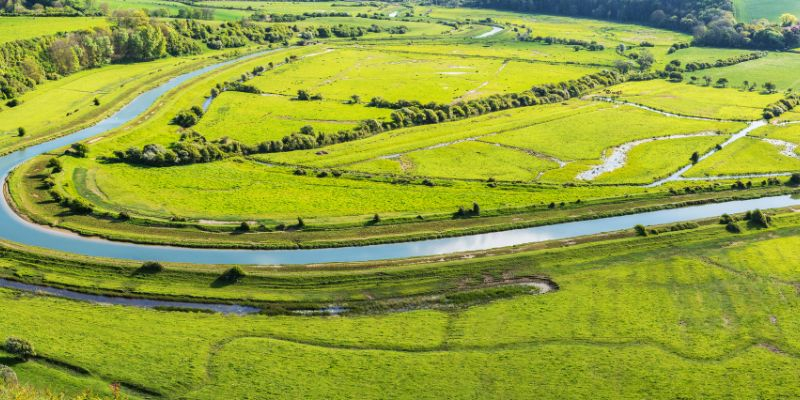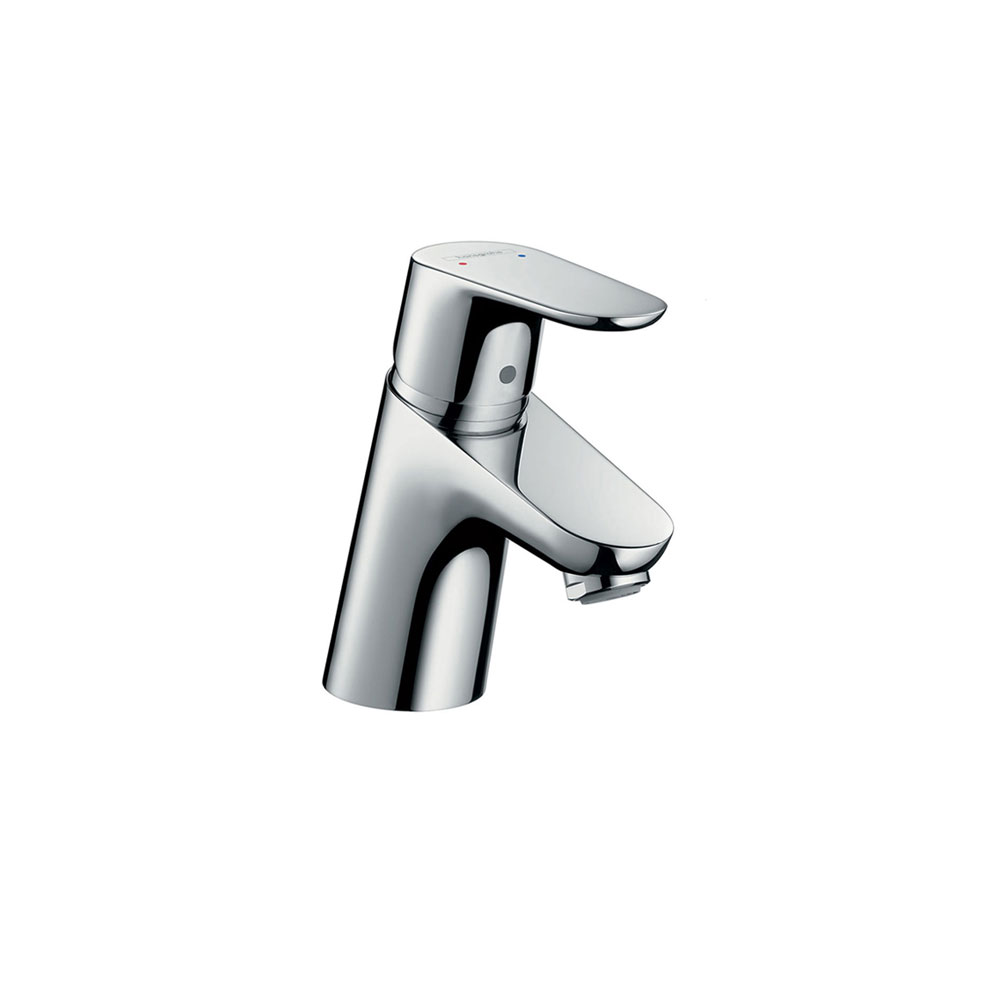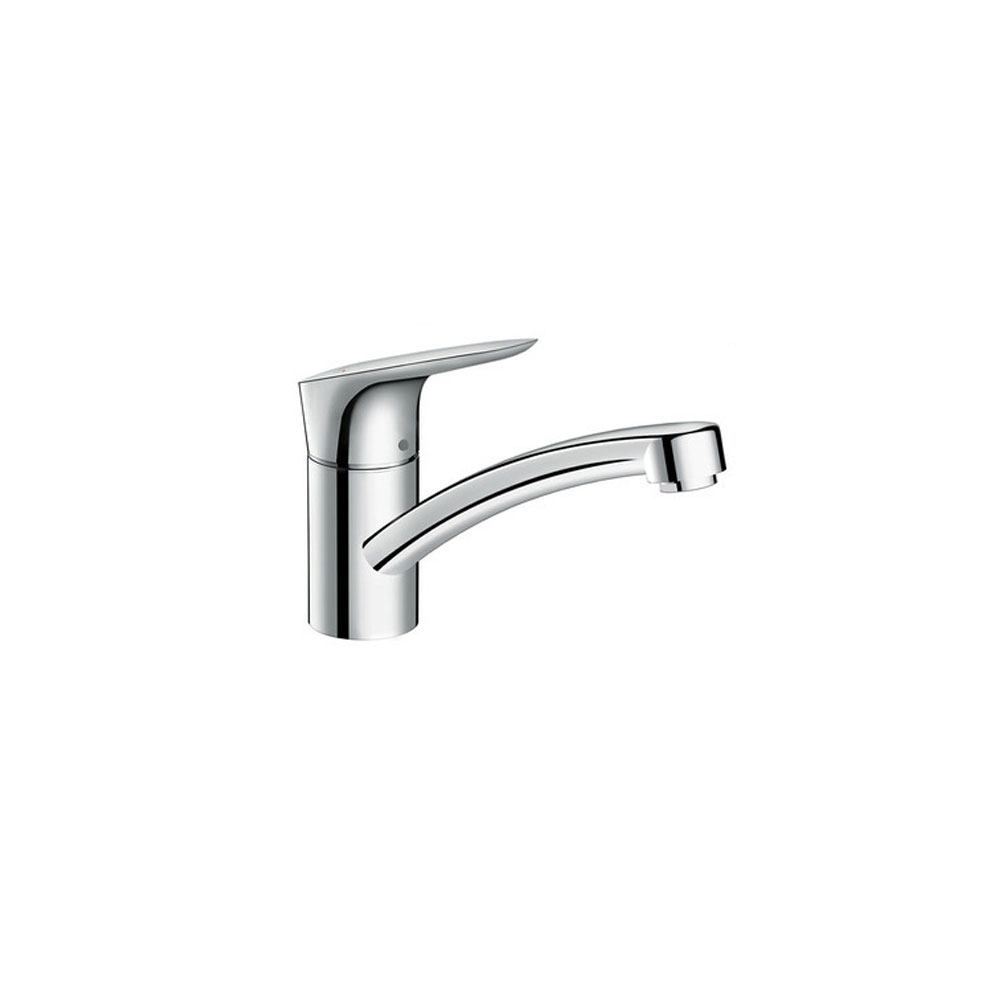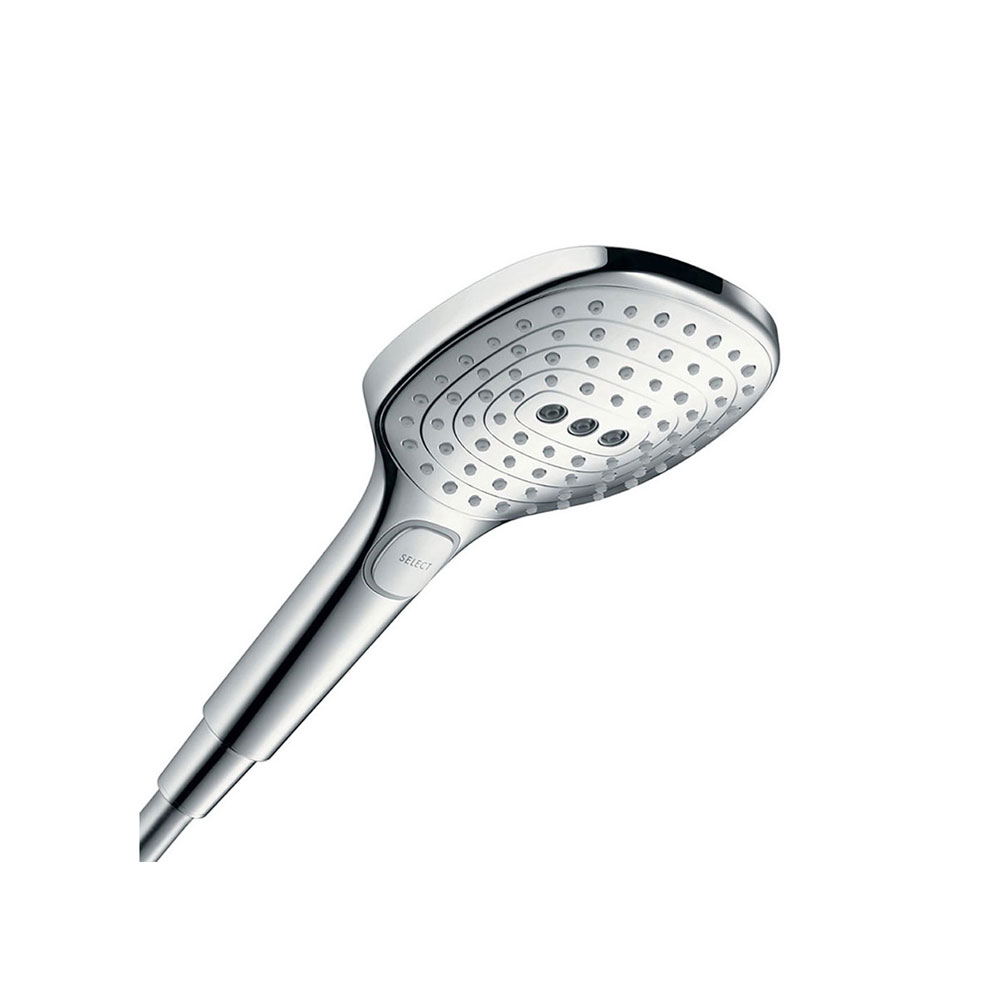How the WWF-UK is protecting river catchments in East Anglia
East Anglia is renowned for its unique rivers, wetlands and marshes, many of which are threatened by rapidly water demand, pollution and climate change. The WWF-UK has chosen to help protect and enhance these beautiful freshwater environments that have a huge range of plants and animals.
The WWF-UK has focused on two river catchments in the region with some great results – improving 7 kilometres of river as well as replenishing 300 million litres of water so far in its ongoing campaign Journey of Water campaign, working across 2,000 acres of land.
WWF-UK is working to replenish in total 500 million litres of freshwater through innovative on-the-ground projects. Its partnership with Finish will support nature-based solutions including the construction of wetlands to improve water quality.
The work includes the creation of new ponds, restoration of bogs and mires, and reintroduction the burbot, a fish which has been extinct in the UK since the mid-20th century. into a Norfolk river catchment.
Wildlife protection
We have many iconic rivers, lakes and streams in the UK that are a fundamental part of our daily lives providing water for drinking, washing, farming and sanitation as well as habitats for precious wildlife including brown trout, otters and kingfishers. Rivers have been vital as our towns and cities have grown, providing fresh water to support homes and businesses over hundreds of years.
Did you know that some of our most beautiful rivers are chalk streams? Their clear water comes from underground chalk aquifers and springs, flowing across flinty gravel beds and are a product of the country’s unique layers of geology, climate and human history.
There are 224 chalk streams globally, mostly in the southern half of England and they provide an ideal home for the otter, water vole, kingfisher and salmon, among many other creatures.
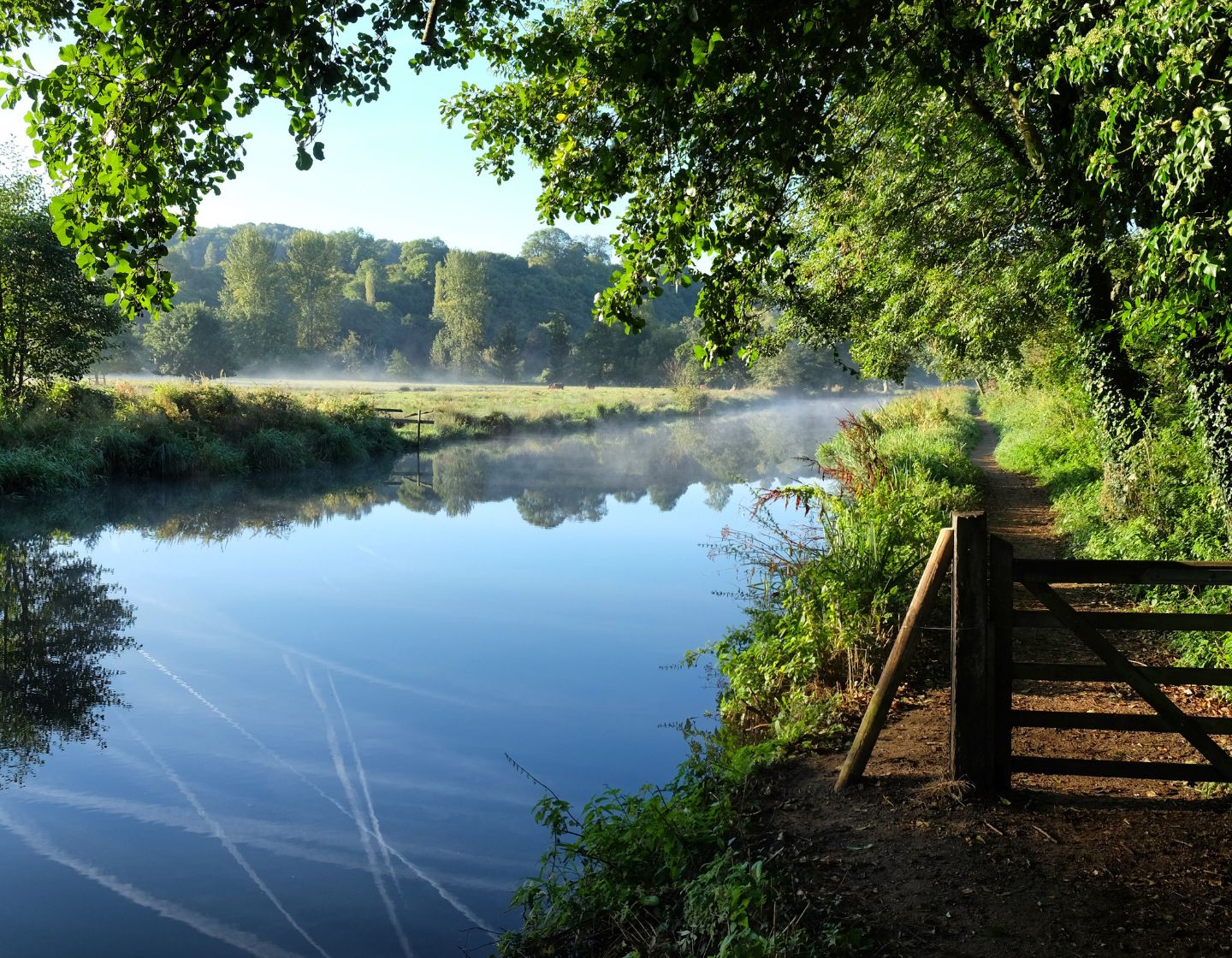
Pressure on rivers
But we have a big problem more than three-quarters of our rives are failing to meet regulatory health standards and struggle with physical modification, over-abstraction, pollution from sewage works, septic tanks and agriculture. There’s rising pressure as our population expands, and threats from climate change and non-native invasive species.
What’s more worrying is that only 12 out of our 224 chalk rivers have protected status.
To help take the pressure off our beautiful rivers, the WWF-UK is working with the government and businesses to find ways to use less and waste less fresh water.
It focuses on 4 main protection areas:
- Reduce abstraction
- Decrease pollution
- Revive natural river processes and improve habitat
- Promote better river management.
Support the WWF-UK water campaign
Research shows that a third of the water we take from rivers is wasted so you can help to support the WWF-UK and its ongoing campaign with your water-saving product purchases. SaveMoneyCutCarbon is hansgrohe’s official EcoSmart partner and will be donating 10% from online sales of showering and tap products that have EcoSmart technology to the WWF-UK*.
hansgrohe showers and taps fitted with EcoSmart technology consume up to 60% less water than conventional products. The lower warm water consumption also reduces the energy requirement, which means lower CO2 emissions and lower costs. EcoSmart is good for both the environment and your wallet.
hansgrohe EcoSmart is tucked away inside your hansgrohe product but it’s a hidden marvel of technology that guarantees big savings.
How you can benefit from EcoSmart technology:
- Water consumption reduced to up to 8 l/min in overhead and hand showers (green products in hansgrohe shower heads consume as little as 6 l/min.)
- hansgrohe taps at the wash basin and on the bath tub need just 5 litres of water per minute as standard (EcoSmart+ products can even consume as little as 4 l/min at 3 bar).
- Decreased warm water consumption, and reduced energy consumption and costs accordingly.
- Lower CO2 emissions due to reduced energy consumption.
- Constant flow, even when the water pressure fluctuates or is low.
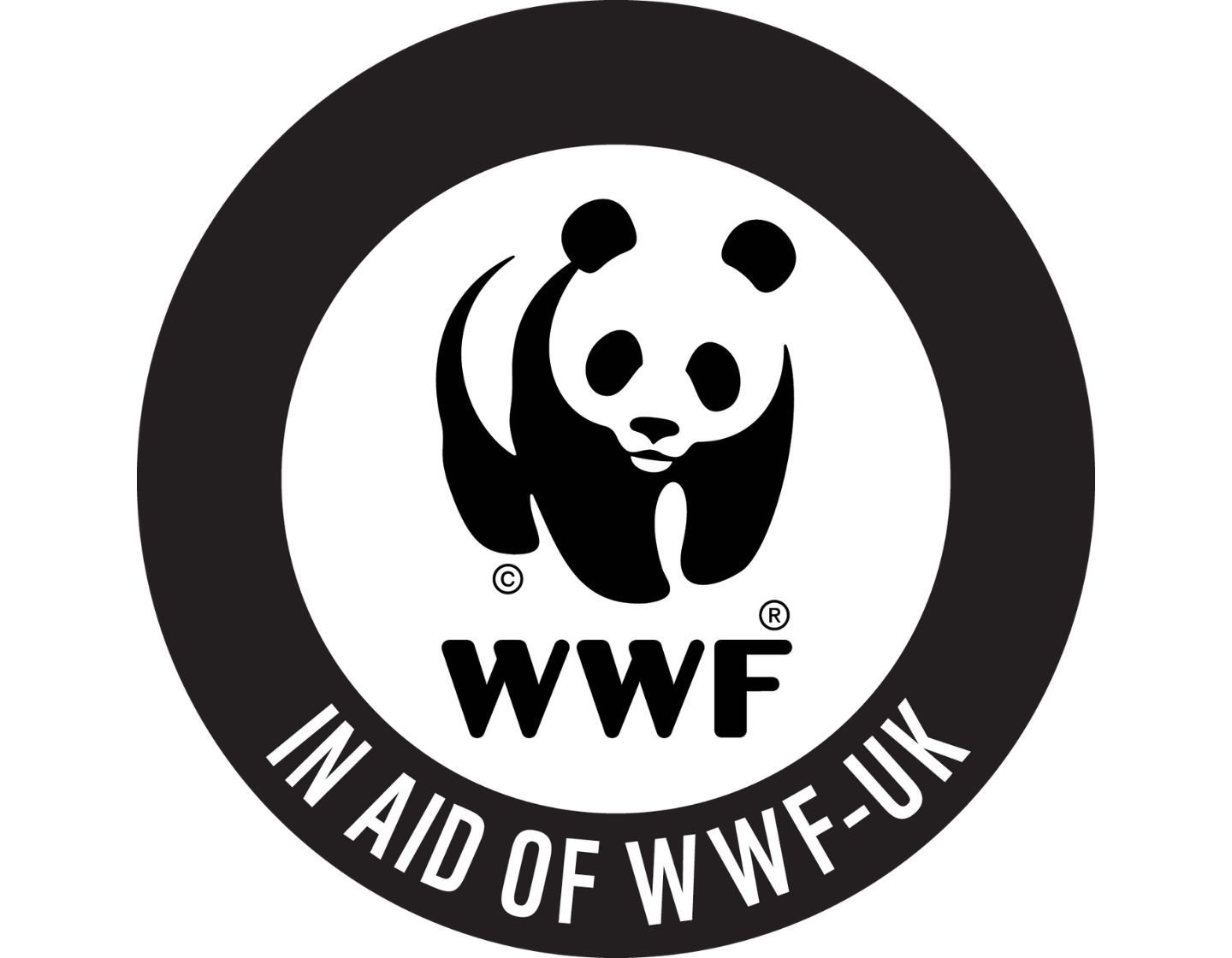
Battling pollution
The WWF-UK campaign builds on many years of work, partnering with global brands like Coca-Cola, and the CamEO Partnership and Norfolk Rivers Trust to reduce pollution from farms. It’s working directly with farmers to help follow water-sensitive practices which include on-farm interventions, such as installing silt traps to reduce sediment run-off form fields into rivers.
The WWF provided support to farmers and land managers in the region to help enhance soil quality and improve water efficiency, aiming to increase yields while reducing the damage caused by run-off pollution and over-extraction.
Conserving and cleaning up freshwater is critical to helping nature thrive. Since the 1970s, 41% of UK plant and animal life has declined, according to National Biodiversity Network “State of Nature 2019” report. Creating and maintaining healthy wetland habitats is one way to stop this decline and support biodiversity.
*Intelligent Resource Management Ltd t/a SaveMoneyCutCarbon will donate 10% of the gross online sales less VAT of each marked hansgrohe EcoSmart product sold during the period 9/10/23-5/11/23 to WWF-UK (Registered Charity No. 1081247 in England and Wales and SCO39593 in Scotland)

